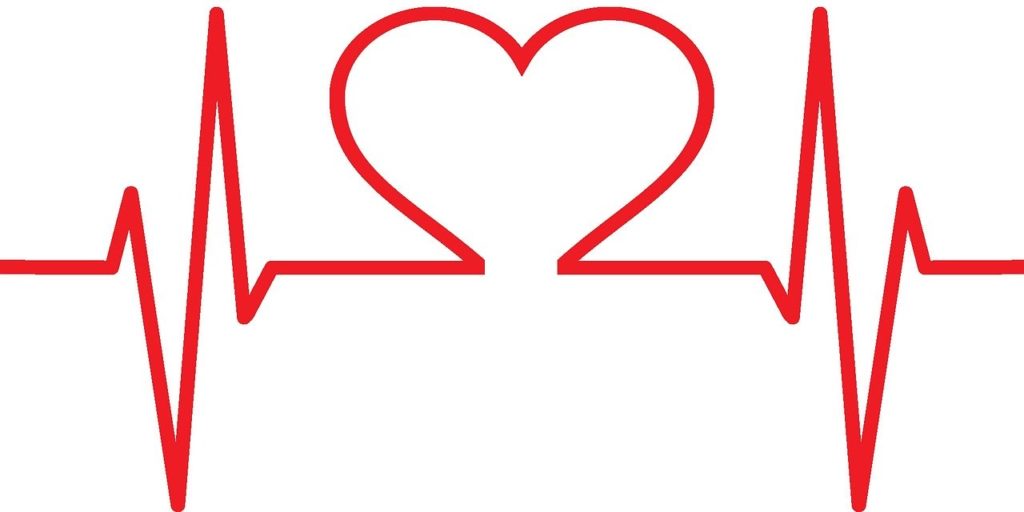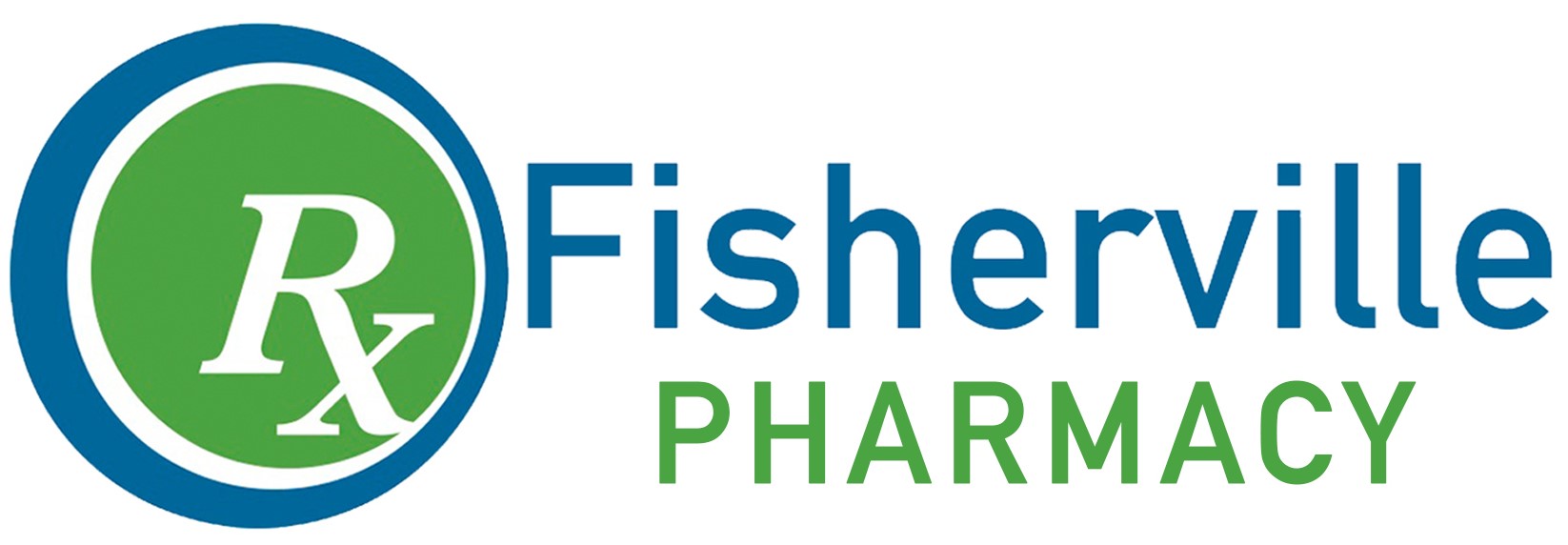
Did you know that 80% of cardiovascular disease (CVD) can be prevented? You can reduce your likelihood of heart disease, heart attack, stroke, and heart failure.
Are you doing everything you can to avoid heart disease? Controlling high blood pressure and high cholesterol through healthy habits is the key to ensuring long-term heart health.1
7 steps to a happy heart
- Don’t smoke. Improved heart health begins within a day of quitting.2 Make 2020 the year you become a non-smoker. Talk to your local pharmacist for recommendations on over the counter or prescription remedies that can help.
- Exercise. Regular exercise can help reduce your chances of developing high blood pressure and high cholesterol. It can also help you maintain a healthy weight and reduce your chance of developing diabetes.1,2
- Eat healthfully. Limit salt, sugar, alcohol, saturated and trans fats, and processed carbohydrates for a heart-healthy diet.
- Stay fit. Did you know that waist circumference can be an indicator of heart disease risk? Your risk is higher if your waist measurement exceeds 40” if you are male or 35” if you are female. A BMI of 25+ is considered overweight and could be associated with higher blood pressure or cholesterol.2
- Catch some Z’s. Are you getting at least seven hours of sleep each night? Studies have indicated that not enough sleep is associated with higher stress, increased inflammation, high blood pressure, and weight gain – all heart disease risk factors.1
- Don’t stress. Find healthy ways to manage your stress such as physical activity, relaxation exercises, or meditation.2
- Know your numbers. Monitor your blood pressure and cholesterol levels regularly and get screened for diabetes if you’re are over the age of 45 or have risk factors for the disease. Did you know that many independent pharmacies offer screenings?2
Know the signs of a heart disease
- Symptoms may vary from person-to-person – some people may show no symptoms at all until they experience a sudden complication such as a heart attack. Signs of chronic heart disease might include:
- Angina (pressure, squeezing, burning, or tightness, typically felt behind the breastbone, but it can also occur in the arms, shoulders, jaw, throat, or back)
- Indigestion
- Anxiety
- Fatigue
- Neck pain3
- Did you know that men and women can experience heart attacks much differently? Symptoms could include:
- Heavy pressure on the chest
- Sharp upper body pain in the neck, back, and jaw
- Severe shortness of breath
- Cold sweats
- Unusual fatigue
- Dizziness/ light-headedness
- Nausea or vomiting4
Men are more likely to report classic symptoms of a heart attack such as pain that starts in their chest and radiates to their jaw and arm. Women are more likely to experience symptoms such as nausea, dizziness, shortness of breath and fatigue, even stomach pain. Because these symptoms can be associated with other, less threatening illnesses, women are more likely to delay treatment, often with devastating consequences. Prompt treatment offers your best chance for surviving a heart attack.5
We’re here to help
Your Health Mart pharmacist can be a key resource in helping you maintain you heart health, before or after a heart disease diagnosis. Talk to your local pharmacist for advice, we are always here for you.
Nothing herein constitutes medical advice, diagnosis or treatment, or is a substitute for professional advice. You should always seek the advice of your physician or other medical professional if you have questions or concerns about a medical condition.
Sources
- Harvard Medical School: Four keys to prevent cardiovascular disease https://www.health.harvard.edu/heart-health/four-keys-to-prevent-cardiovascular-disease Last accessed: January 7, 2020
- Mayo Clinic: Strategies to prevent heart disease https://www.mayoclinic.org/diseases-conditions/heart-disease/in-depth/heart-disease-prevention/art-20046502 Last accessed: January 7, 2020
- UChicagoMedicine: Why women often don’t recognize heart attack symptoms https://www.uchicagomedicine.org/forefront/heart-and-vascular-articles/why-women-often-dont-recognize-heart-attack-symptoms Last accessed: January 7, 2020
- CDC: Women and Heart Disease Prevention https://www.cdc.gov/women/heart/index.htm Last accessed: January 7, 2020
- NIH: Ischemic Heart Disease https://www.nhlbi.nih.gov/health-topics/ischemic-heart-disease Last accessed: January 7, 2020



